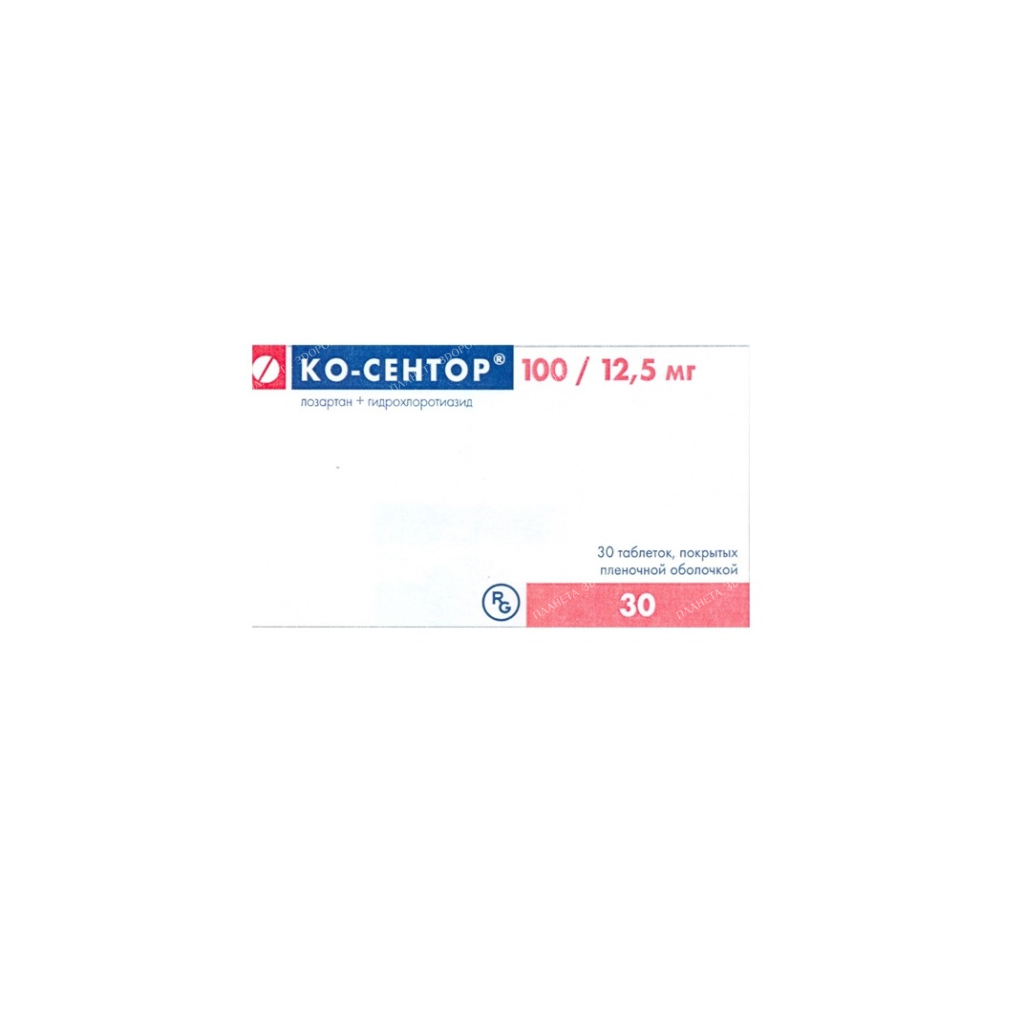-
×
 Antibacterial Lens Cleaning Wipes (100 Count, Mini Size)
1 × $19.00
Antibacterial Lens Cleaning Wipes (100 Count, Mini Size)
1 × $19.00 -
×
 MARVIS Toothpaste "Fresh mint", 10 ml
1 × $9.00
MARVIS Toothpaste "Fresh mint", 10 ml
1 × $9.00 -
×
 Hygienic lipstick "Velvet", 4.4g
1 × $9.00
Hygienic lipstick "Velvet", 4.4g
1 × $9.00 -
×
 Pine Extract Briquettes (Direct from Manufacturer)
1 × $19.00
Pine Extract Briquettes (Direct from Manufacturer)
1 × $19.00 -
×
 Medical compression tights m.5002 IIkl.k. R.5 (XL) height2 black
1 × $59.00
Medical compression tights m.5002 IIkl.k. R.5 (XL) height2 black
1 × $59.00 -
×
 White Glo Whitening Toothpaste Professional Choice, 24g
1 × $9.00
White Glo Whitening Toothpaste Professional Choice, 24g
1 × $9.00 -
×
 Medical compression tights m.5002 2 class. р.4 (L) height2 beige
1 × $69.00
Medical compression tights m.5002 2 class. р.4 (L) height2 beige
1 × $69.00 -
×
![Smith Frequency 086: [Relevant Keyword] Guide](https://globalhealingweb.com/wp-content/uploads/2024/11/6295017024-247x296.jpg) Smith Frequency 086: [Relevant Keyword] Guide
1 × $139.00
Smith Frequency 086: [Relevant Keyword] Guide
1 × $139.00 -
×
 Luxury Gray Goose Down Pillow with Memory Foam - Belpol GALAXY SEA 50x70x4
1 × $359.00
Luxury Gray Goose Down Pillow with Memory Foam - Belpol GALAXY SEA 50x70x4
1 × $359.00
Subtotal: $691.00
 Free worldwide shipping on orders $99+
Free worldwide shipping on orders $99+  US: temporary delays — postal services aligning new import rules,
US: temporary delays — postal services aligning new import rules,  EU: 1–2 weeks,
EU: 1–2 weeks,  Worldwide: 1–4 weeks
Worldwide: 1–4 weeks 











